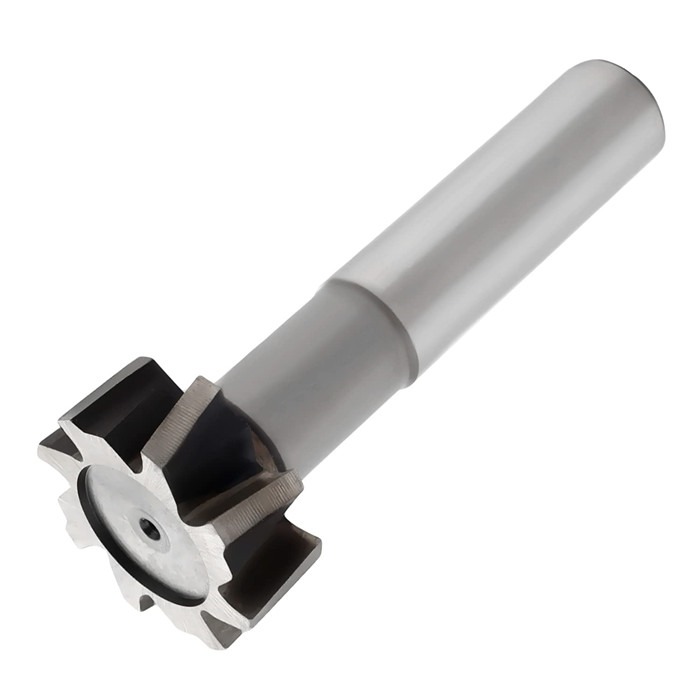RDKW insert Manufacturers
Finding the right RDKW insert manufacturers is crucial for achieving optimal performance in milling operations. This guide explores key considerations when selecting a manufacturer, common applications of RDKW inserts, and factors that contribute to their quality and longevity, helping you make informed decisions to enhance productivity and reduce costs.
Understanding RDKW Inserts
RDKW inserts are a type of indexable milling insert known for their robust design and versatility. The 'RDKW' designation refers to the insert's shape and cutting geometry, optimized for high feed rates and aggressive material removal. They are commonly used in face milling, shoulder milling, and plunge milling applications across various industries.
Key Features of RDKW Inserts
* **Robust Design:** The thick cross-section provides excellent resistance to chipping and breakage.* **High Feed Capability:** Designed for high feed rates, reducing machining time.* **Versatility:** Suitable for a wide range of materials, including steel, stainless steel, cast iron, and aluminum.* **Positive Rake Angle:** Promotes smoother cutting action and reduces cutting forces.* **Multiple Cutting Edges:** Offers multiple cutting edges per insert, maximizing tool life and reducing tool costs.Choosing the Right RDKW Insert Manufacturers
Selecting the right manufacturer is essential for obtaining high-quality RDKW inserts that meet your specific application requirements. Here are key factors to consider:
Reputation and Experience
Look for manufacturers with a proven track record of producing high-quality cutting tools. Consider their years of experience in the industry and their reputation for reliability and customer service. A reputable manufacturer will have certifications and quality control processes in place to ensure consistent product performance.
Material Quality and Grades
The quality of the raw materials used in the manufacturing process significantly impacts the performance and lifespan of RDKW inserts. Ensure that the manufacturer uses high-quality carbide grades and coatings that are appropriate for your application. Common carbide grades include:
- **CVD Coated Grades:** Excellent for steel and cast iron, providing high wear resistance and toughness.
- **PVD Coated Grades:** Suitable for stainless steel, aluminum, and heat-resistant alloys, offering a sharper cutting edge and reduced friction.
- **Uncoated Grades:** Used for non-ferrous materials and some cast irons, providing good toughness and thermal conductivity.
Manufacturing Capabilities and Technology
Modern manufacturing facilities with advanced CNC grinding machines, coating equipment, and quality control systems are crucial for producing precise and consistent RDKW inserts. Manufacturers who invest in research and development are more likely to offer innovative solutions and improved cutting tool designs.
Customization Options
Some applications require custom RDKW inserts tailored to specific geometries, materials, or cutting conditions. Choose a manufacturer that offers customization options and has the expertise to design and produce inserts that meet your unique requirements. Wayleading Tools specializes in providing customized cutting solutions for various industries.
Technical Support and Customer Service
Reliable technical support and customer service are essential for addressing any questions or concerns you may have. A good manufacturer will provide technical expertise, application assistance, and prompt customer support to ensure your satisfaction.
Applications of RDKW Inserts
RDKW inserts are widely used in various milling operations across different industries. Some common applications include:
Face Milling
Face milling is a common application for RDKW inserts, where they are used to machine flat surfaces on workpieces. The inserts' robust design and high feed capability make them ideal for removing large amounts of material quickly and efficiently.
Shoulder Milling
RDKW inserts are also used in shoulder milling, where they are used to create square shoulders or steps on workpieces. The inserts' positive rake angle and multiple cutting edges provide smooth cutting action and reduced cutting forces.
Plunge Milling
Plunge milling involves cutting vertically into the workpiece. RDKW inserts are well-suited for plunge milling due to their ability to withstand high cutting forces and their excellent chip evacuation capabilities.
Ramping and Helical Milling
These advanced milling techniques benefit from the stability and edge strength of RDKW inserts, allowing for efficient material removal at varying depths and angles.
Factors Affecting RDKW Insert Performance
Several factors can affect the performance and lifespan of RDKW inserts. Understanding these factors can help you optimize your machining processes and maximize the value of your inserts.
Cutting Parameters
Selecting the correct cutting parameters, such as cutting speed, feed rate, and depth of cut, is crucial for achieving optimal performance. Refer to the manufacturer's recommendations and adjust the parameters based on the material being machined and the specific application.
Coolant and Lubrication
Using appropriate coolant and lubrication can significantly reduce friction and heat, extending the lifespan of RDKW inserts. Choose a coolant that is compatible with the material being machined and apply it consistently to the cutting zone.
Machine Rigidity and Stability
Machine rigidity and stability play a critical role in preventing vibration and chatter, which can negatively impact insert performance. Ensure that your machine is properly maintained and that the workpiece is securely fixtured.
Insert Grade and Coating
Selecting the correct insert grade and coating for the material being machined is essential for achieving optimal wear resistance and toughness. Consult with your manufacturer to determine the best grade and coating for your specific application. Wayleading Tools offers a wide variety of carbide grades and coatings to meet the needs of various milling applications.
Tips for Maximizing RDKW Insert Life
Here are some practical tips to help you maximize the life of your RDKW inserts:
* **Follow Manufacturer's Recommendations:** Adhere to the manufacturer's recommended cutting parameters and application guidelines.* **Use Proper Coolant and Lubrication:** Ensure that coolant is applied consistently to the cutting zone.* **Inspect Inserts Regularly:** Check for signs of wear or damage and replace inserts as needed.* **Optimize Cutting Parameters:** Adjust cutting parameters based on the material being machined and the specific application.* **Maintain Machine Rigidity:** Ensure that your machine is properly maintained and that the workpiece is securely fixtured.Comparing Different RDKW Insert Manufacturers
Here's a simplified table showcasing potential comparisons between different RDKW insert manufacturers. Remember to research and verify this information independently.
| Manufacturer | Carbide Grades | Coating Options | Customization | Technical Support |
|---|---|---|---|---|
| Wayleading Tools | Wide range, including CVD, PVD, and Uncoated | TiN, TiCN, AlTiN, CrN | Yes | Excellent |
| Manufacturer B | Limited selection | TiN, TiCN | No | Good |
| Manufacturer C | Specialized grades for high-temp alloys | AlCrN, DLC | Yes (High Volume Only) | Average |
Conclusion
Selecting the right RDKW insert manufacturers is a critical decision that can significantly impact your machining operations. By considering the factors outlined in this guide, you can make an informed choice and obtain high-quality inserts that meet your specific application requirements. Remember to prioritize reputation, material quality, manufacturing capabilities, customization options, and technical support. Visit Wayleading Tools for more information on our RDKW insert offerings and customized cutting solutions.
Disclaimer: The information provided in this article is for general informational purposes only and does not constitute professional advice. Always consult with a qualified expert for specific applications.
Data Source: Data and parameters mentioned are generally based on typical industrial standards and manufacturer specifications. Always refer to the specific product datasheet from the RDKW insert manufacturer for accurate and up-to-date information.
Related products
Related products
Best selling products
Best selling products-
 Type M Cone Tungsten Carbide Rotary Burr
Type M Cone Tungsten Carbide Rotary Burr -
 Stub Milling Machine Arbor With NT, R8 and MT Shank
Stub Milling Machine Arbor With NT, R8 and MT Shank -
 HSS Metric Plain Metal Slitting Saws For Industrial
HSS Metric Plain Metal Slitting Saws For Industrial -
 30PCS HSS Metric And Inch Size MINI Tap & Die Set
30PCS HSS Metric And Inch Size MINI Tap & Die Set -
 HSS Metric & Inch Dovetail End Mill With 45 And 60 Degree For Industrial
HSS Metric & Inch Dovetail End Mill With 45 And 60 Degree For Industrial -
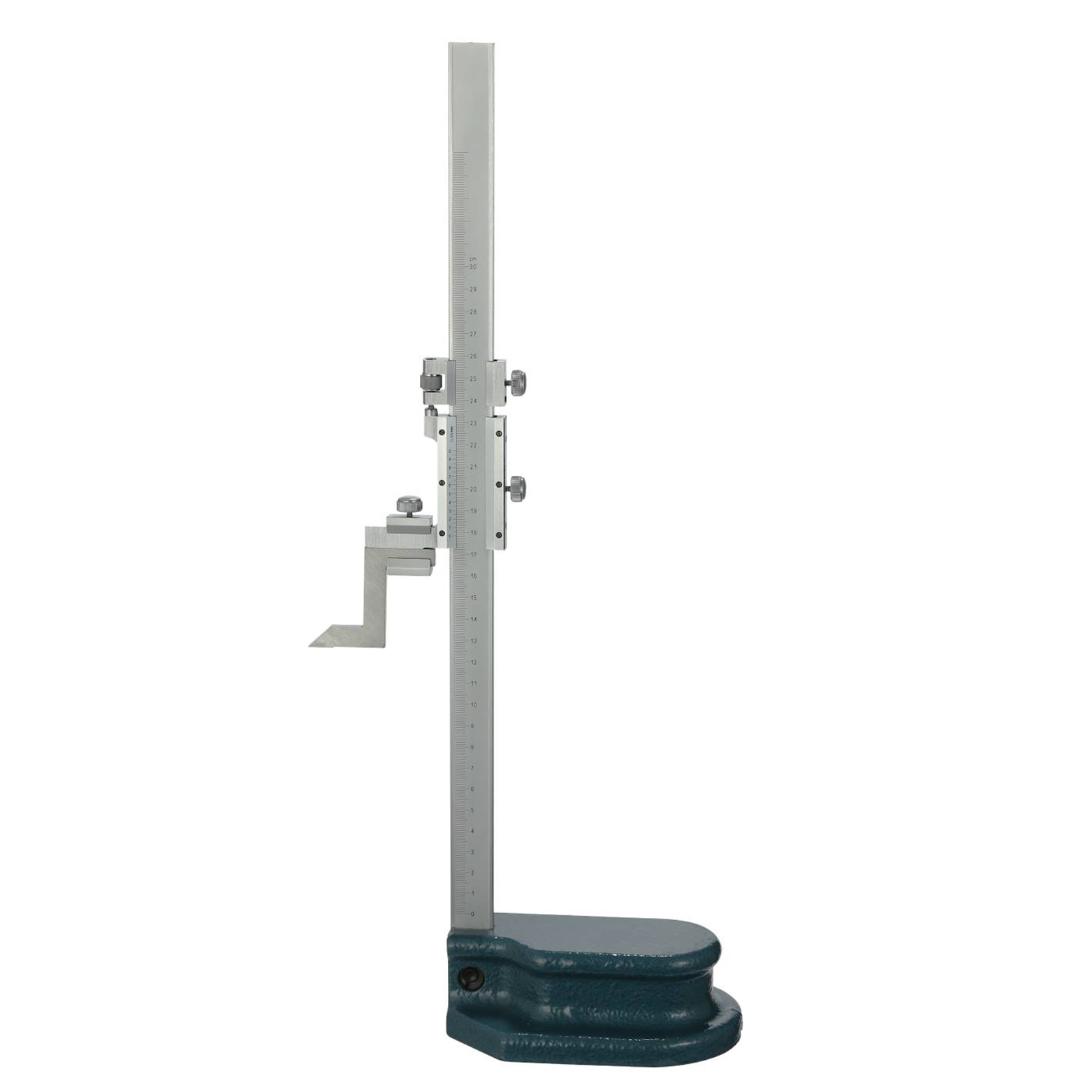 Vernier Height Gauge For Industrial
Vernier Height Gauge For Industrial -
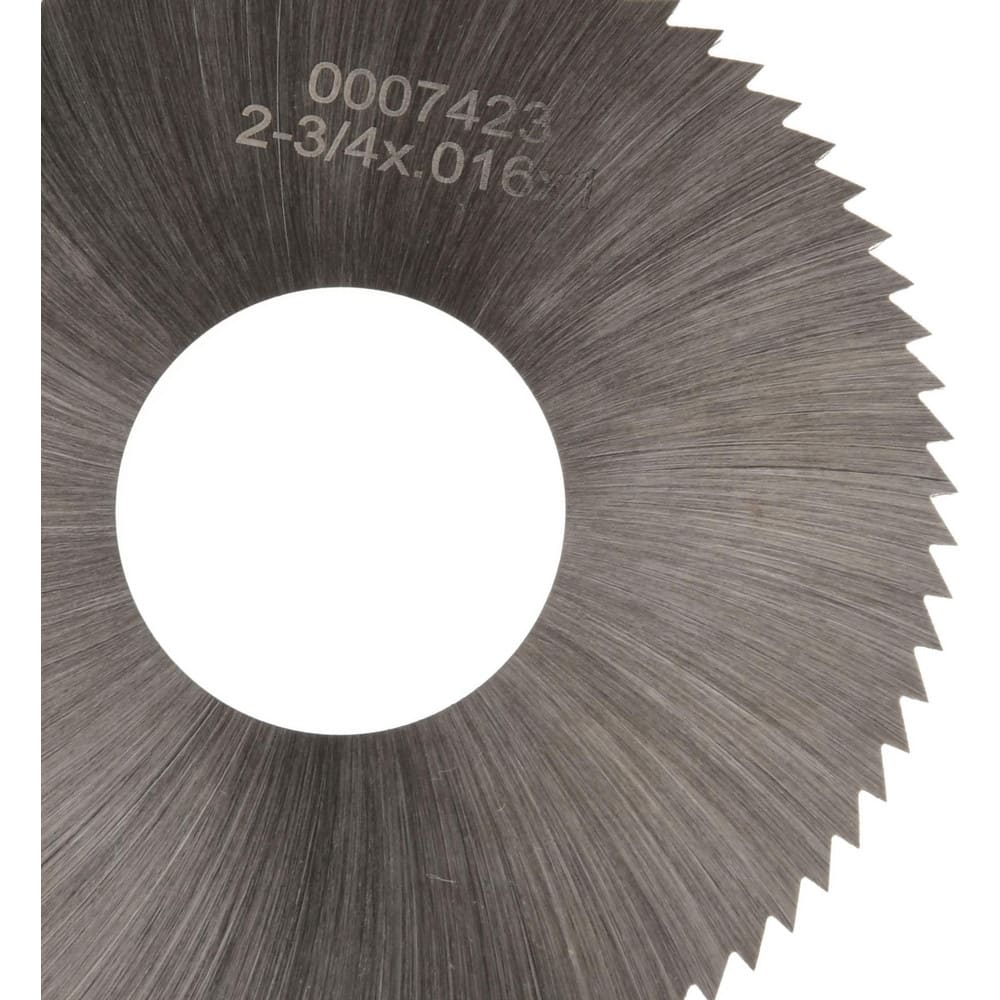 HSS Inch Plain Metal Slitting Saws For Industrial
HSS Inch Plain Metal Slitting Saws For Industrial -
 HSS ISO Metric Round Die Wieh Splite Or Adjustable Splite Type
HSS ISO Metric Round Die Wieh Splite Or Adjustable Splite Type -
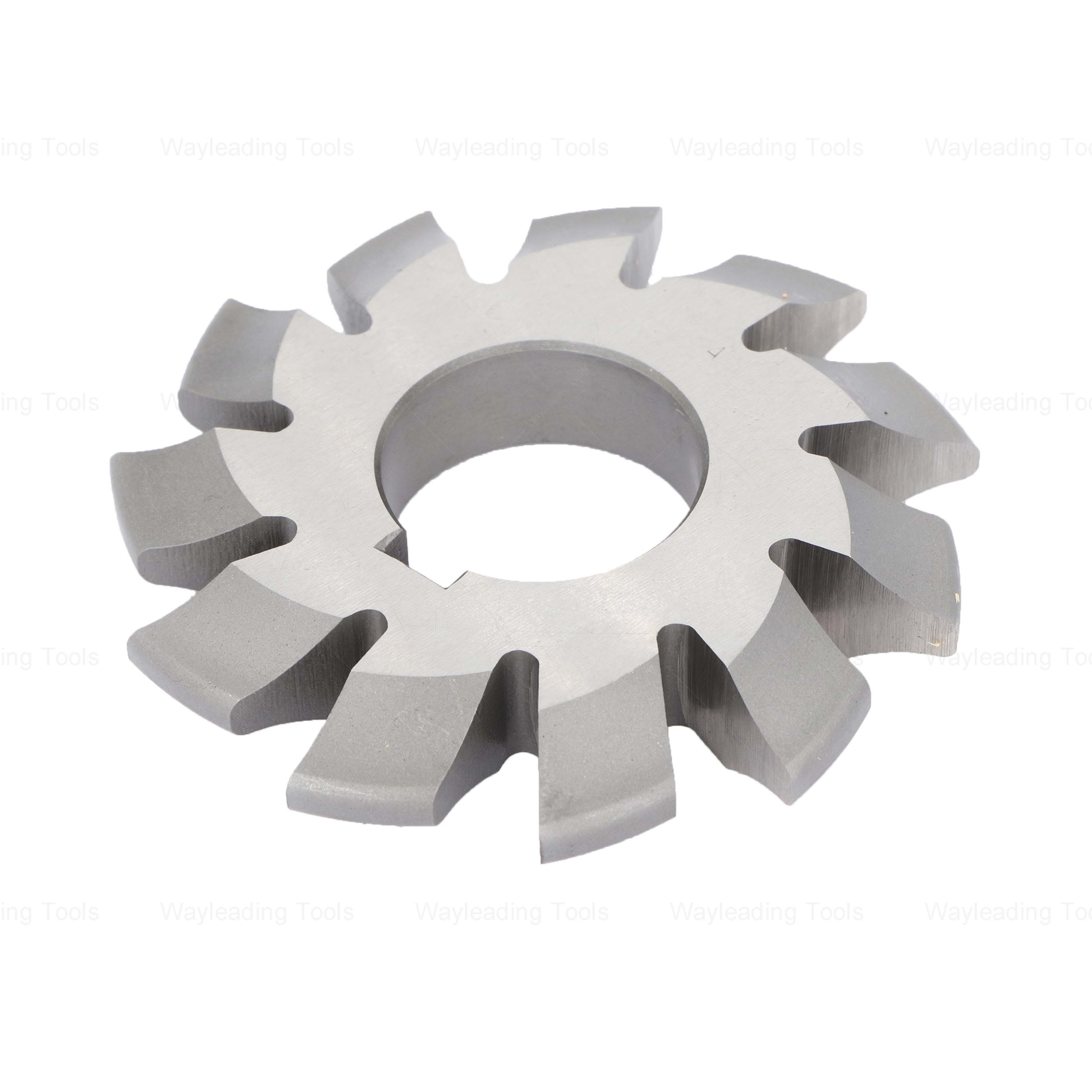 HSS Involute Gear Cutters – Module Type, PA 20° / 14.5°
HSS Involute Gear Cutters – Module Type, PA 20° / 14.5° -
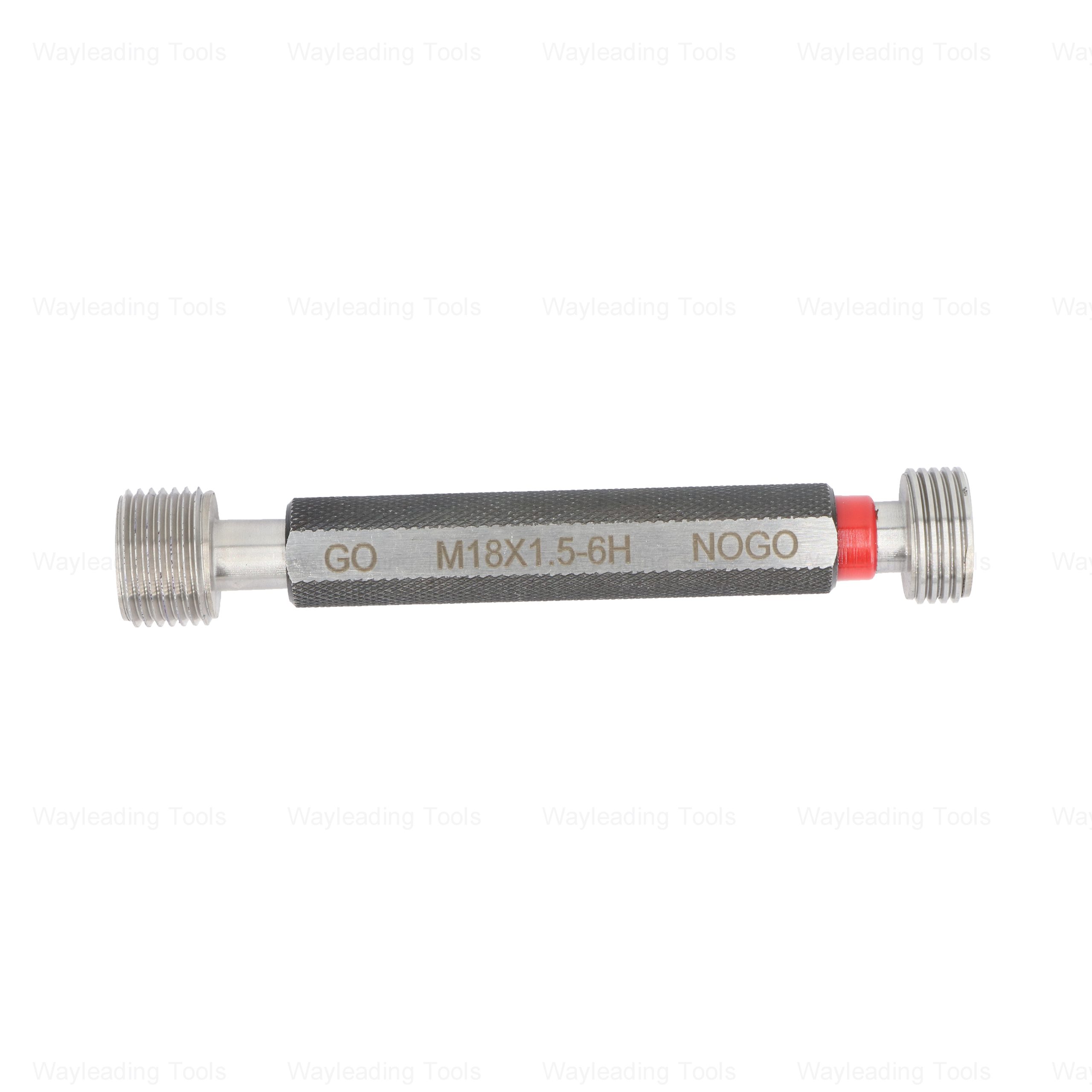 High-Precision Metric Thread Plug Gauge – 6H Class, GO & NO-GO Ends
High-Precision Metric Thread Plug Gauge – 6H Class, GO & NO-GO Ends -
 9PCS Broken Tap Extractor Set With Storage Box
9PCS Broken Tap Extractor Set With Storage Box -
 Dead Center For Morse Taper Shank
Dead Center For Morse Taper Shank
Related search
Related search- G60 threading insert Factories
- High-Quality mini lathe quick change tool post
- Hex Die Factories
- Inch size trapeze ACME threading insert Factory
- MDUN boring bar Factories
- thread milling insert Manufacturers
- High-Quality ankx insert
- Wholesale Involute Gear Cutters
- Threading Tool Holder Manufacturer
- caliper gauge Manufacturer




